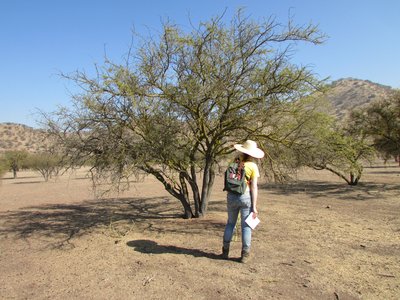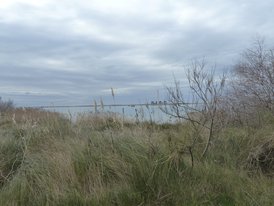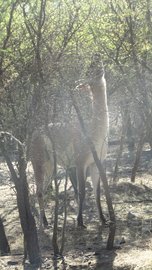
Meredith Root-Bernstein is an interdisciplinary conservation scientist with a PhD in Ecology and several years' experience working with human geographers and anthropologists. Her research focuses on conservation and restoration of anthropogenic mediterranean-climate socio-ecological systems.
In AURA she has been working on developing interdisciplinary methodologies, such as multi-species ethnography and natural history practice, and on exploring the linkages between anthropological and ethological/ecological theories in areas such as wayfinding, place-making, and practice. Meredith currently has two ongoing projects:
1. Multifunctional wetland restoration in the Po Delta, Italy. The Po Delta is a highly anthropogenic
environment, created by medieval politics and hydraulic engineering, and today a mix of industrial infrastructure, farms and wetlands. The long-term goal of this project, in collaboration with Dr. Fabrizio Frascaroli, is to establish a participative community-led model of wetland restoration in which wetlands and surrounding landscapes are managed for multiple use values, including local livelihoods such as fishing, hunting, reed crafts, and rice farming. Current projects include an assessment of current wetland governance and management practices, and a study of the loss of cultural diversity in reed-bed management and its effects on the ecological status of wetlands.
2. Restoration and rewilding of espinal habitat in central Chile. The espinal is a silvopastoral savanna, locally regarded as degraded and not worth conserving. Meredith's research, in collaboration with several Chilean colleagues, focuses on understanding the conservation value of espinal with the long-term goal of designing a regional learning network of community-led management and monitoring of espinal landholdings. She is leading Proyecto REGenera, which looks at the animal-plant relationship between reintroduced guanacos (Lama guanicoe) and Acacia caven, the main tree in espinal. This project is the first phase in a plan to scale up to rewilding with guanacos as a restoration approach for espinal. Meredith is also researching espinal-sclerophyllous forest successional processes, and rural conservation values in central Chile.

